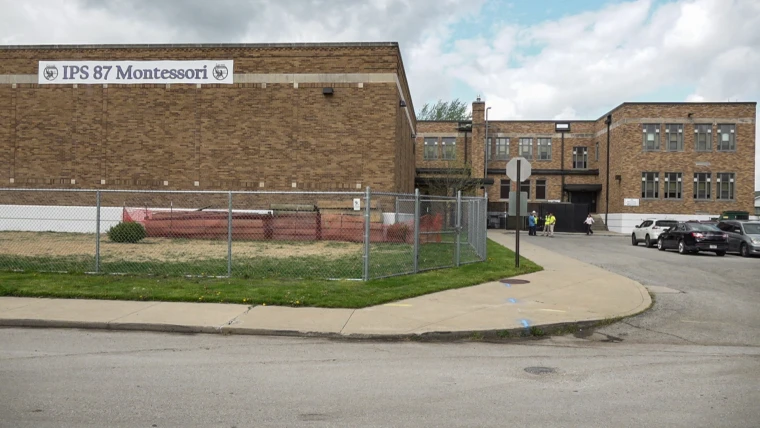A former teacher in Indiana faces severe accusations after allegedly orchestrating a “Fight Club” scenario among classmates, leading to the physical abuse of a 7-year-old student with disabilities. The incident, outlined in a lawsuit filed by the student’s mother, sheds light on disturbing occurrences within the educational system.

Disturbing Details Unveiled
The lawsuit implicates the former teacher, Julius Johnican, in instigating a series of assaults against the student, identified as “O.D.,” for three months. Shockingly, Johnican is alleged to have recorded at least one of these assaults on his phone. The suit describes a harrowing situation where the teacher not only permitted but actively encouraged other students to inflict physical harm on the 7-year-old, either for his amusement or as a form of discipline.
Repercussions and Legal Action
Following the revelation of these distressing events, immediate actions were taken by the school district, including the suspension and subsequent resignation of the accused teacher. However, the lawsuit goes beyond individual culpability, naming several defendants, including school officials and the district itself. The family’s attorney asserts that the teacher’s actions constituted a form of disciplinary technique, indicative of a deeply troubling disregard for the well-being of the student.
The aftermath of these traumatic experiences has left the child with lasting emotional scars, resulting in a diagnosis of post-traumatic stress disorder (PTSD) and necessitating regular therapy sessions. As the legal proceedings unfold, the lawsuit seeks justice for the victim, highlighting claims of negligent care, intentional infliction of emotional distress, and other violations.

The disturbing nature of this case underscores the need for robust safeguards within educational institutions and serves as a stark reminder of the vulnerability of students, particularly those with disabilities. As the lawsuit progresses to trial, the hope is that it will not only provide redress for the victim but also prompt systemic changes to prevent such atrocities from occurring in the future.
